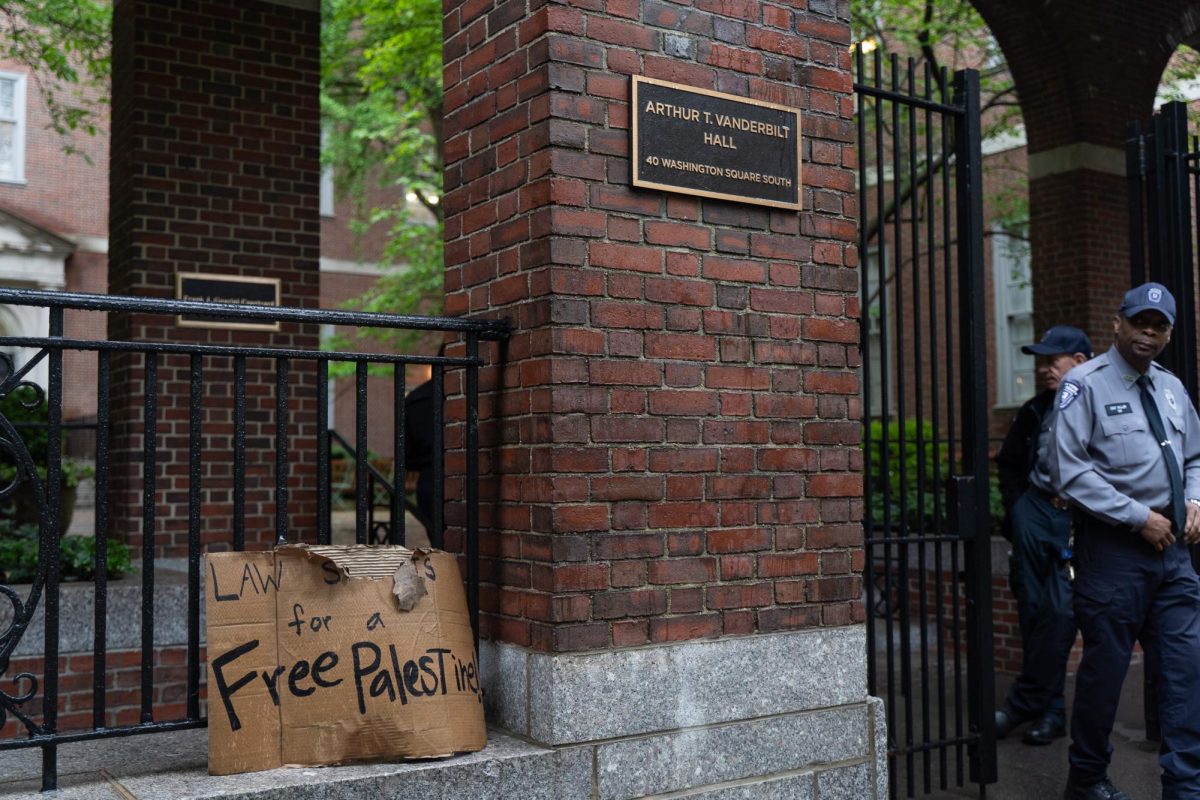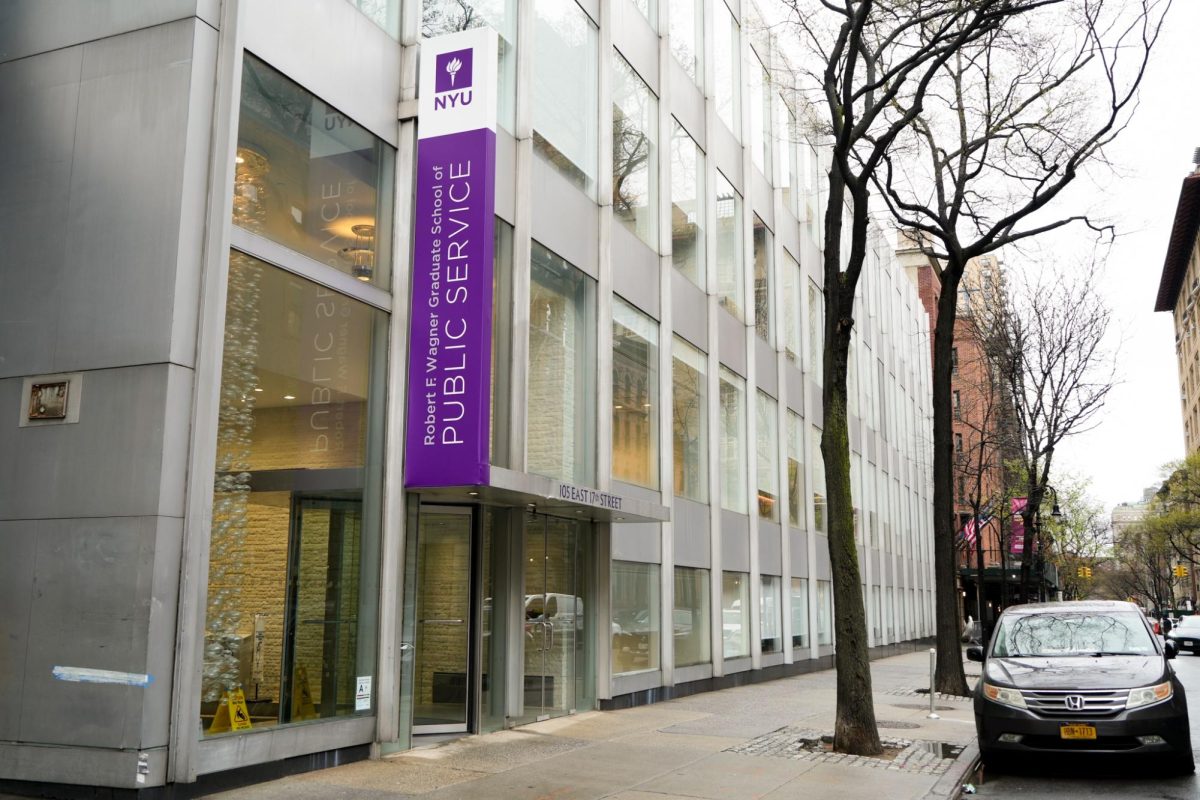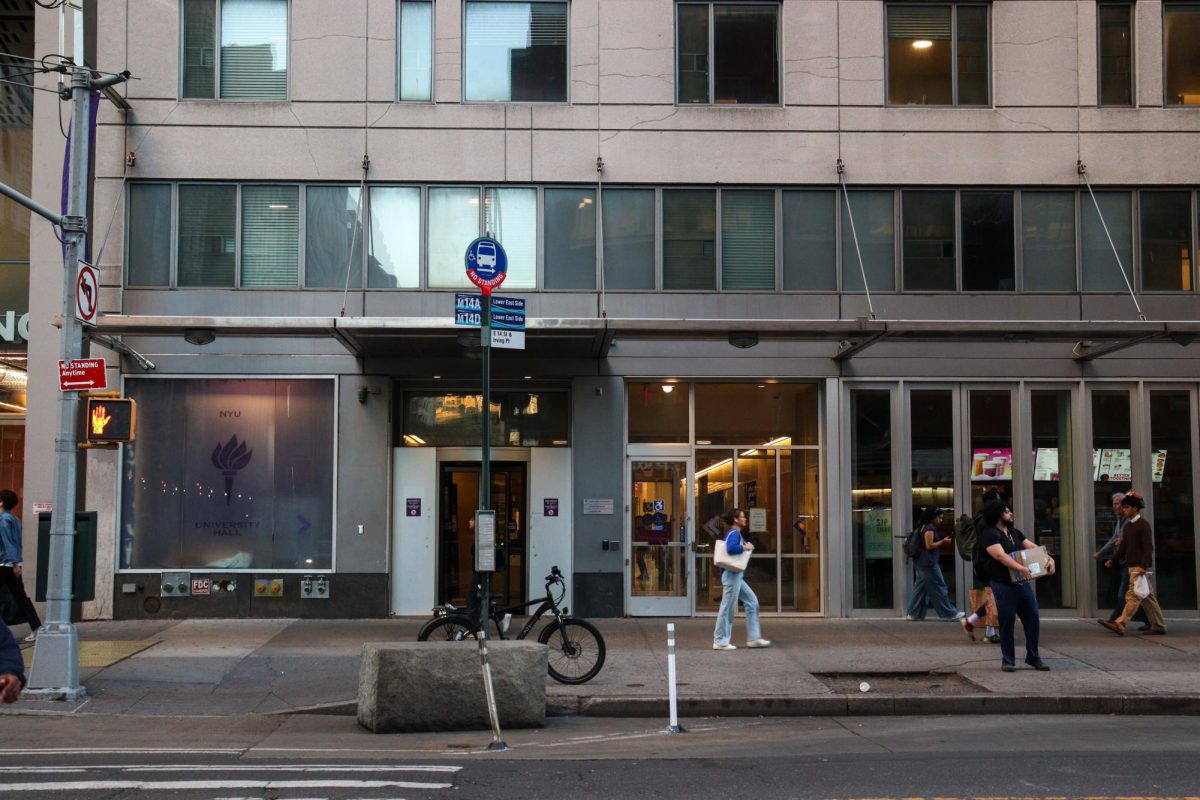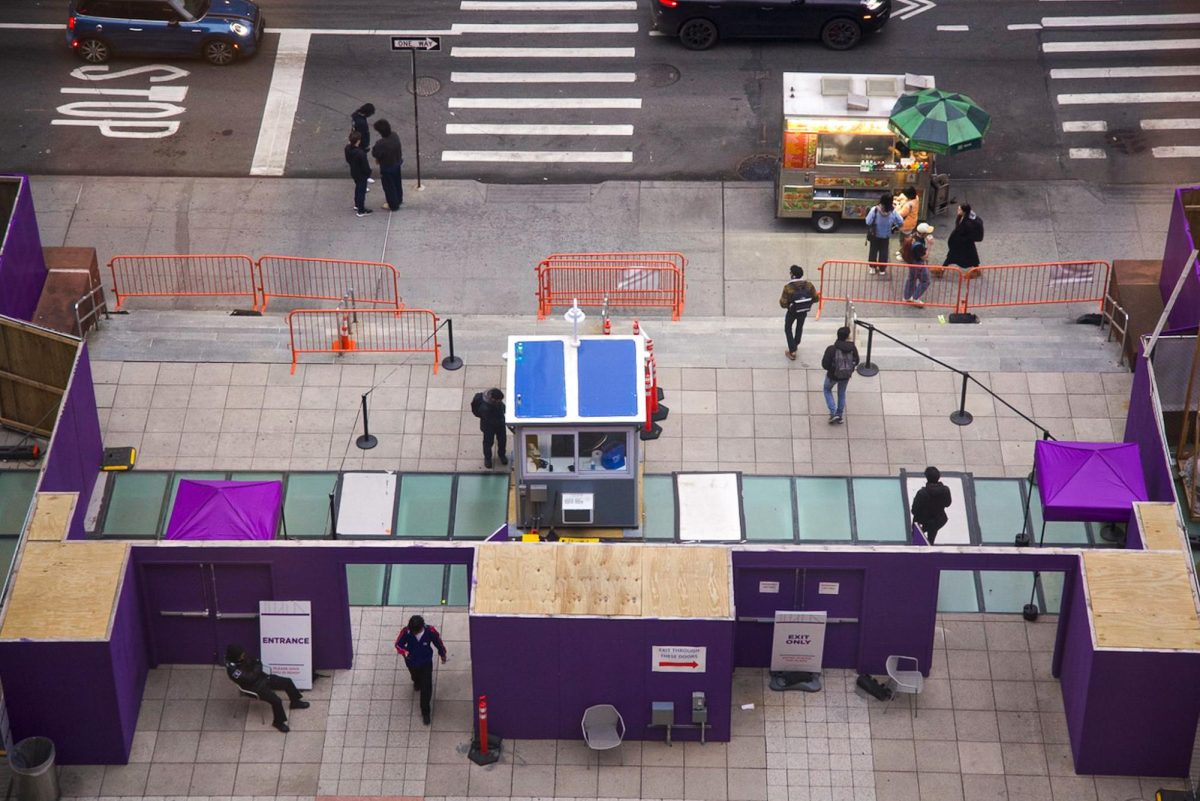Wildfires have raged in Australia since Jul. 2019, killing 28 people and millions of animals. They have burned through the continent with about 12.35 million acres of land damaged, affecting every state. Experts say hotter and drier conditions have led to a more amplified and destructive bushfire season. These fires must be analyzed in direct connection with the climate crisis; failure to do so means failure to recognize the most obvious truths on the climate crisis.
While the fires burned across Australia, business leaders, climate change activists and heads of state from across the globe wrapped up discussions at the World Economic Forum in Davos, Switzerland last week on Jan. 24. Some attendees proposed solutions like putting a global price on carbon and planting trees. At the same time, they rejected divesting from fossil fuel companies and ending fossil fuel development in areas prone to sea level rise. These events that transpired at Davos dismissed any possibility for real change from the economic elite, and perpetuated the pattern of placing responsibility on individuals rather than corporations. The fact that the inaction displayed at Davos occurred during the ongoing tragedy in Australia further showed the serious disconnect between these elites and the real world.
A shining light, though, was the climate march held on the last day of the conference. Activists such as Greta Thunberg, Vanessa Nakate and Luisa Neubauer protested against fossil fuel investment while demanding that serious action take place. The march was also a reminder that real change comes from grassroots organizations, not cocktail conversations among the wealthy.
The march serves to show the role that protesting in university spaces has played in combating corporate agendas.
A notable example of this is the protests for racial justice and inclusion that took place at the University of Missouri in 2015. After weeks of organization and marching, students at the university were able to create a local movement based around demands like a racial inclusion and awareness program and the resignation of the president. In the end, their efforts were rewarded, as the president stepped down. This event shows exactly how the university can be a space for progress and effective protest.
In that same vein, it is our responsibility as students to directly oppose the inaction shown at Davos and push for ideas that tackle the root causes of climate change to have any chance of preventing the disasters of the future. Furthermore, we can look toward the example that other college students have set.
On Jan. 10, tens of thousands of activists led by Uni Students for Climate Justice marched in major cities in Australia to call for the government to do more to stop climate change and its effects. Their actions are commendable and act as an example for what must be done by us as NYU students. Through grassroots organizing, we can tackle head-on the problems of the climate crisis and its devastating effects.
A version of this article appeared in the Monday, Jan. 27, 2020 print edition. Email the Editorial Board at [email protected].






















































































































































